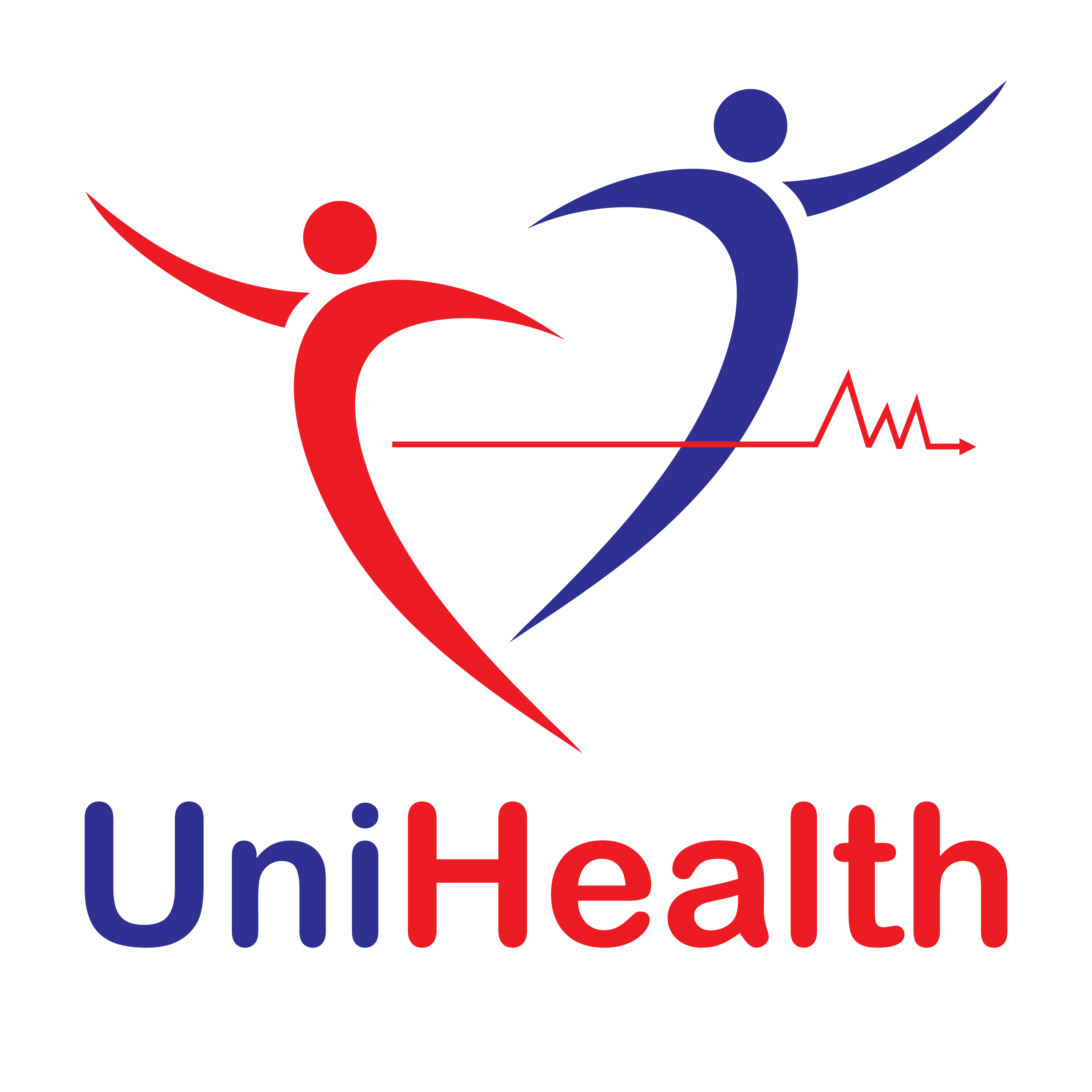Osteoporosis is a common yet silent disease that weakens bones, making them fragile and more prone to fractures. Often called the "silent disease" because it progresses without noticeable symptoms, osteoporosis affects millions of people worldwide, especially older adults and postmenopausal women. At UMC Zhahir Hospital, we are committed to raising awareness about osteoporosis and helping individuals take proactive steps toward stronger bone health.
What is Osteoporosis?
Osteoporosis occurs when bone density decreases, causing bones to become porous and brittle. This condition increases the risk of fractures, particularly in the hip, spine, and wrist. While bone loss is a natural part of aging, excessive loss leads to osteoporosis, making even minor falls or movements potentially dangerous.
Causes and Risk Factors
Several factors contribute to the development of osteoporosis, including:
- Age: Bone density naturally decreases with age, increasing the risk of osteoporosis.
- Gender: Women, especially after menopause, are more prone due to hormonal changes.
- Genetics: A family history of osteoporosis increases susceptibility.
- Lifestyle Factors: Poor diet, lack of exercise, smoking, and excessive alcohol consumption can accelerate bone loss.
- Medical Conditions: Certain chronic illnesses, such as rheumatoid arthritis and thyroid disorders, can contribute to osteoporosis.
Signs and Symptoms
Osteoporosis is often called a "silent disease" because it typically has no symptoms until a fracture occurs. However, some warning signs include:
- Loss of height over time
- Back pain caused by fractured or collapsed vertebrae
- A stooped posture
- Frequent bone fractures with minor falls or movements
Diagnosis and Screening
Early detection is crucial in managing osteoporosis. Bone density tests (DEXA scans) measure bone strength and help assess fracture risk. If you are over 50 or have risk factors, it is advisable to consult a doctor for screening. At UMC Zhahir Hospital, we provide state-of-the-art diagnostic facilities to detect osteoporosis early and recommend personalized treatment plans.
Prevention and Management
The good news is that osteoporosis can be prevented and managed with healthy lifestyle choices. Here’s how:
- Maintain a Calcium-Rich Diet: Foods like dairy products, leafy greens, nuts, and fish strengthen bones.
- Boost Vitamin D Intake: Sun exposure and vitamin D supplements help the body absorb calcium effectively.
- Regular Exercise: Weight-bearing exercises such as walking, jogging, and resistance training improve bone strength.
- Avoid Smoking and Excessive Alcohol: These habits can weaken bones over time.
- Medication and Treatment: In some cases, doctors may prescribe medications to slow bone loss and promote bone formation.
Why Choose UMC Zhahir Hospital?
At UMC Zhahir Hospital, we offer comprehensive osteoporosis screening, diagnosis, and treatment plans tailored to individual needs. Our expert specialists provide advanced care, ensuring that patients receive the best possible support in maintaining bone health and preventing fractures.
Final Thoughts
Osteoporosis may be silent, but it’s not invisible. Early detection and proactive measures can make a significant difference in protecting your bones. If you’re concerned about osteoporosis, schedule a consultation at UMC Zhahir Hospital today and take the first step toward a healthier future.
Protect your bones, protect your future!
For appointments and more information, visit our website or contact us today.


